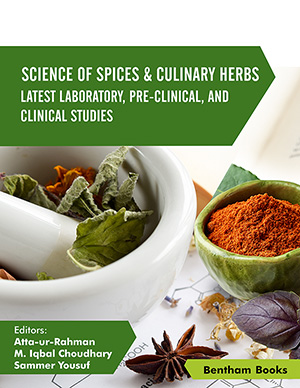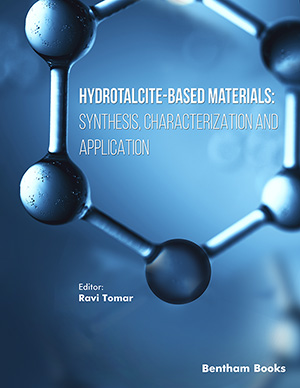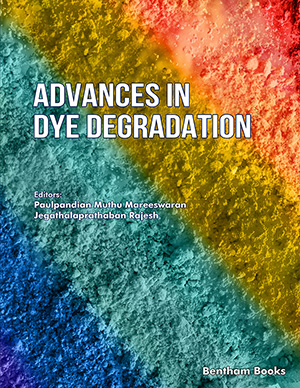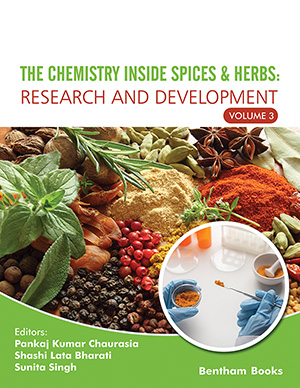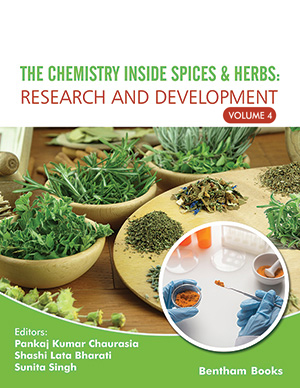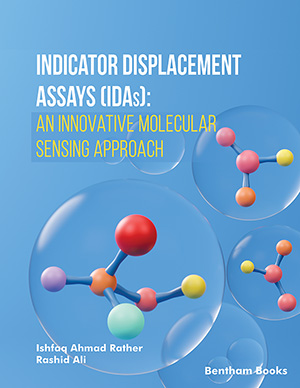
Abstract
Background: Chemotherapy resistance is one of the main causes of clinical chemotherapy failure. Current cancer research explores the drug resistance mechanism and new therapeutic targets. This work aims to elucidate the mechanism of thyroid hormone receptor interactor 13 (TRIP13) affecting doxorubicin (DOX) resistance in colorectal cancer (CRC).
Methods: Bioinformatics analyses were employed to clarify TRIP13 expression in CRC tissues and predict the correlation of the TRIP13 enrichment pathway with glycolysis-related genes and stemness index mRNAsi. Quantitative real-time polymerase chain reaction and western blot were adopted to analyze the expression of TRIP13 and glycolysis- related genes. Cell Counting Kit-8 was utilized to determine the cell viability and IC50 value. Western blot was employed to measure the expression of stemness-related factors. Cell function assays were performed to detect cells' sphere-forming ability and glycolysis level. Animal models were constructed to determine the effects of TRIP13 expression on CRC tumor growth.
Results: TRIP13 was significantly overexpressed in CRC, concentrated in the glycolysis signaling pathway, and positively correlated with stemness index mRNAsi. High expression of TRIP13 facilitated DOX resistance in CRC. Further mechanistic studies revealed that overexpression of TRIP13 could promote cell stemness through glycolysis, which was also confirmed in animal experiments.
Conclusion: TRIP13 was highly expressed in CRC, which enhanced the DOX resistance of CRC cells by activating glycolysis to promote cell stemness. These findings offer new insights into the pathogenesis of DOX resistance in CRC and suggest that TRIP13 may be a new target for reversing DOX resistance in CRC.
Keywords: TRIP13, glycolysis, stemness, colorectal cancer, doxorubicin resistance, bioinformatics analyses.
[http://dx.doi.org/10.1186/s12935-021-01855-6] [PMID: 33663510]
[PMID: 31396344]
[http://dx.doi.org/10.1038/ncomms14420] [PMID: 28240261]
[http://dx.doi.org/10.1186/s12967-020-02267-2] [PMID: 32070368]
[http://dx.doi.org/10.1186/s12957-016-0769-9] [PMID: 26791262]
[http://dx.doi.org/10.7150/ijbs.67556] [PMID: 35002507]
[http://dx.doi.org/10.3389/fonc.2021.639408] [PMID: 34094922]
[http://dx.doi.org/10.1038/s41388-021-01859-6] [PMID: 34145399]
[http://dx.doi.org/10.1158/0008-5472.CAN-11-1674] [PMID: 22084398]
[http://dx.doi.org/10.1080/1120009X.2021.1906032] [PMID: 33818320]
[http://dx.doi.org/10.1016/j.biopha.2019.109521] [PMID: 31689601]
[http://dx.doi.org/10.1002/1878-0261.12821] [PMID: 33037736]
[http://dx.doi.org/10.1038/s41416-019-0633-0] [PMID: 31740732]
[PMID: 30720159]
[http://dx.doi.org/10.1155/2022/7295458] [PMID: 35601150]
[http://dx.doi.org/10.18632/aging.101530] [PMID: 30144787]
[http://dx.doi.org/10.1186/s13046-019-1106-2] [PMID: 30786928]
[http://dx.doi.org/10.1038/s41419-018-0419-y] [PMID: 29523788]
[http://dx.doi.org/10.1002/tox.23303] [PMID: 34061428]
[http://dx.doi.org/10.3233/CBM-200039] [PMID: 33136091]
[http://dx.doi.org/10.3322/caac.21660] [PMID: 33538338]
[http://dx.doi.org/10.3390/ijms22041976] [PMID: 33671292]
[http://dx.doi.org/10.1186/s12967-021-02954-8] [PMID: 34193174]
[http://dx.doi.org/10.1002/1878-0261.13201] [PMID: 35194944]
[http://dx.doi.org/10.1158/0008-5472.CAN-18-3987] [PMID: 31732653]
[http://dx.doi.org/10.3892/or.2021.8123] [PMID: 34184074]
[http://dx.doi.org/10.1038/s41420-022-00824-w] [PMID: 35075117]
[http://dx.doi.org/10.1016/j.lfs.2019.116781] [PMID: 31430455]
[http://dx.doi.org/10.18632/oncotarget.10169] [PMID: 27343550]
[http://dx.doi.org/10.1038/s41568-021-00366-w] [PMID: 34103704]
[http://dx.doi.org/10.3389/fpls.2014.00357] [PMID: 25120548]
[http://dx.doi.org/10.1016/j.cellsig.2019.109419] [PMID: 31526829]
[http://dx.doi.org/10.3389/fonc.2021.677646] [PMID: 34476209]
[http://dx.doi.org/10.1016/j.yexcr.2021.112892] [PMID: 34688609]
[http://dx.doi.org/10.1042/BSR20200533] [PMID: 33645623]
[http://dx.doi.org/10.1186/s12943-019-1105-0] [PMID: 31791342]
[http://dx.doi.org/10.1186/s13046-021-02229-6] [PMID: 34998404]
[http://dx.doi.org/10.3389/fcell.2020.582695] [PMID: 33117809]
 34
34 2
2


















